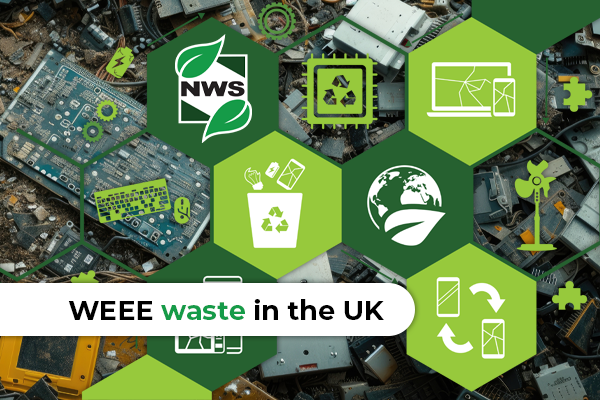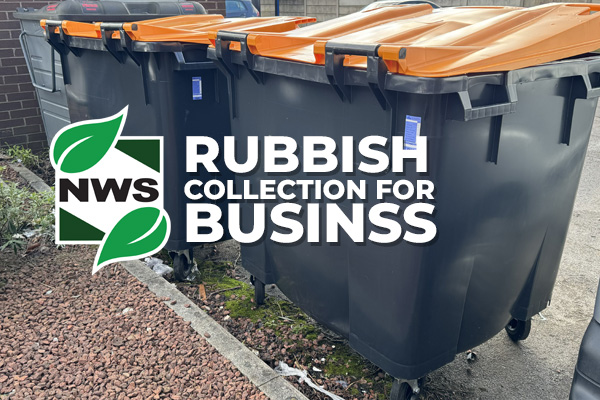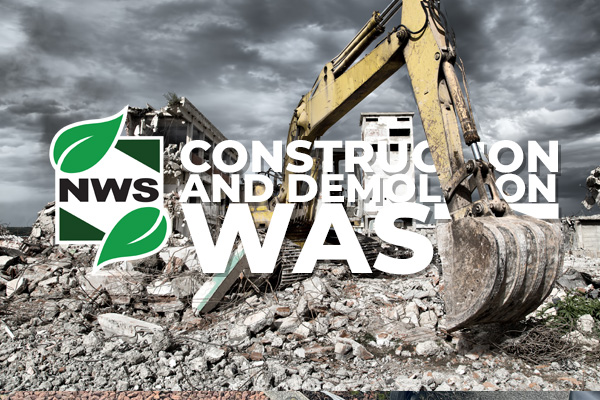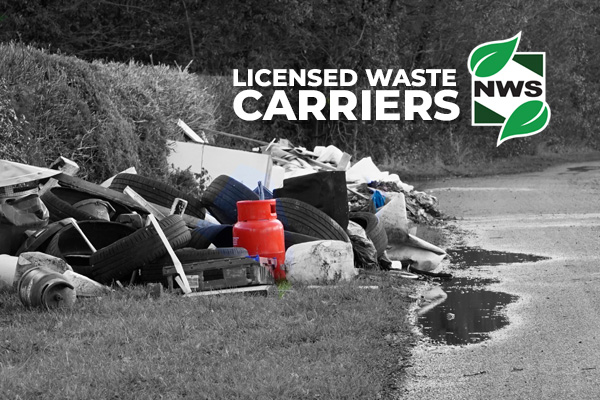Construction is an essential industry, but it generates a significant amount of waste. According to recent statistics. The UK construction sector generates around 120 million tonnes of construction waste annually. This staggering figure highlights the pressing need for effective waste management solutions in the industry. Fortunately, innovative approaches are emerging to address this challenge. Including the transformation of construction waste into valuable materials. Let’s look at transforming construction waste to materials.
The Impact of Construction Waste
Construction waste poses various environmental and economic challenges. Improper disposal of waste can lead to pollution of land, water, and air. Causing harm to ecosystems and human health. Moreover, waste disposal often incurs high costs for construction companies, including landfill taxes and transportation expenses.
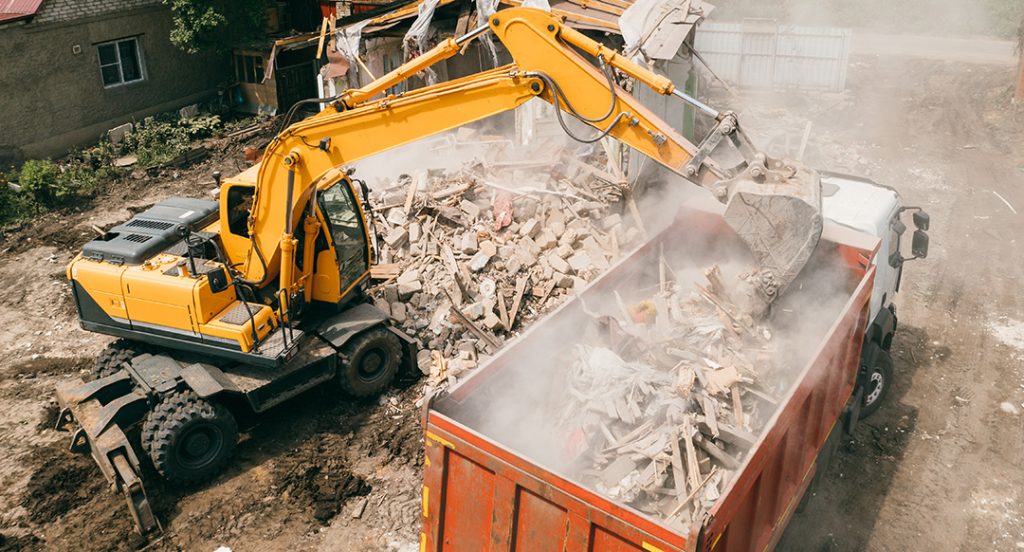
Furthermore, the depletion of natural resources exacerbates the environmental impact of construction activities. Traditional construction materials, such as concrete and steel. Require significant amounts of raw materials and energy for production. By reducing reliance on virgin resources and adopting sustainable alternatives, the construction industry can mitigate its environmental footprint.
Turning Waste into Resources
In recent years, there has been a growing emphasis on the concept of the circular economy within the construction sector. This approach aims to minimize waste generation and maximize resource efficiency by promoting reuse, recycling, and recovery of materials. Through innovative technologies and processes, construction waste can be transformed into valuable resources. Offering numerous benefits for both the environment and the economy.
Innovative Technologies turning Construction Waste to Materials
Advancements in technology have paved the way for innovative solutions to tackle construction waste. From automated sorting systems to mobile recycling units. These technologies streamline the waste management process and improve the efficiency of resource recovery. For example, 3D printing technology enables the fabrication of building components using recycled materials, offering a sustainable alternative to traditional construction methods.
Furthermore, the emergence of digital platforms and data analytics tools facilitates the tracking and monitoring of waste streams, enabling construction companies to optimize their waste management strategies and identify opportunities for waste reduction and recycling.
The Role of Nationwide Waste Services
As construction waste continues to be a pressing issue, companies need reliable partners to help them implement sustainable waste management solutions. Nationwide Waste Services is a leading provider of total waste management solutions, offering a comprehensive range of services tailored to the needs of the construction industry.
With a nationwide network of facilities and a dedicated team of experts, Nationwide Waste Services specializes in the collection, recycling, and disposal of construction waste. By partnering with Nationwide Waste Services, construction companies can benefit from efficient waste management practices that minimize environmental impact and reduce costs.
Construction waste is a significant challenge facing the industry, but it also presents an opportunity for innovation and sustainability. By transforming waste into valuable materials, construction companies can reduce their environmental footprint. Conserve natural resources, and create a more sustainable built environment.
Recycling and Reclamation
One of the most effective strategies for managing construction waste is recycling and reclamation. Materials such as concrete, asphalt, wood, and metals can be crushed, sorted, and processed to produce recycled aggregates, reclaimed timber, and scrap metal for use in new construction projects. Recycling not only conserves natural resources but also reduces the demand for landfill space and minimizes greenhouse gas emissions associated with material extraction and manufacturing.
According to a report by WRAP (Waste and Resources Action Programme), recycling construction and demolition waste could save up to 70 million tonnes of carbon dioxide equivalents by 2020. This significant reduction in emissions highlights the environmental benefits of recycling construction materials.

Conclusion:
Through recycling, reclamation, and the adoption of innovative technologies, construction waste can be effectively managed, contributing to the transition towards a circular economy. With the support of companies like Nationwide Waste Services, the construction industry can embrace total waste management solutions and pave the way for a more sustainable future.
Construction Waste Statistics
| Types of Construction Waste | Annual Volume (in tonnes) | Process and Effective Recycling Percentage |
|---|---|---|
| Concrete | 30 million | Crushing and Recycling – Up to 100% |
| Asphalt | 20 million | Reclamation and Recycling – Up to 95% |
| Wood | 10 million | Sorting and Chipping – Up to 90% |
| Metals | 15 million | Sorting and Melting – Up to 98% |
| Plastics | 5 million | Sorting and Reprocessing – Up to 80% |
| Glass | 3 million | Crushing and Melting – Up to 90% |
| Bricks and Masonry | 7 million | Crushing and Reuse – Up to 95% |
| Gypsum | 2 million | Grinding and Recycling – Up to 90% |
| Insulation Materials | 1 million | Shredding and Recycling – Up to 85% |
| Miscellaneous | 27 million | Sorting and Processing – Varies |
References
- WRAP Waste and Resources Action Programme. (2018). “Construction, Demolition & Excavation Waste Management – Process Guide and Checklist.” Retrieved from https://www.wrap.org.uk/sites/files/wrap/CDE-Waste-Management-Process-Guide-and-Checklist.pdf
- UK Government. (2021). “Construction Statistics Annual 2020: UK Government Statistical Publication.” Retrieved from https://www.gov.uk/government/statistics/construction-statistics-annual-2020/construction-statistics-annual-2020
- Construction Materials Recycling Association. (n.d.). “Construction Waste Management.” Retrieved from https://www.cdrecycling.org/benefits/construction-waste-management


